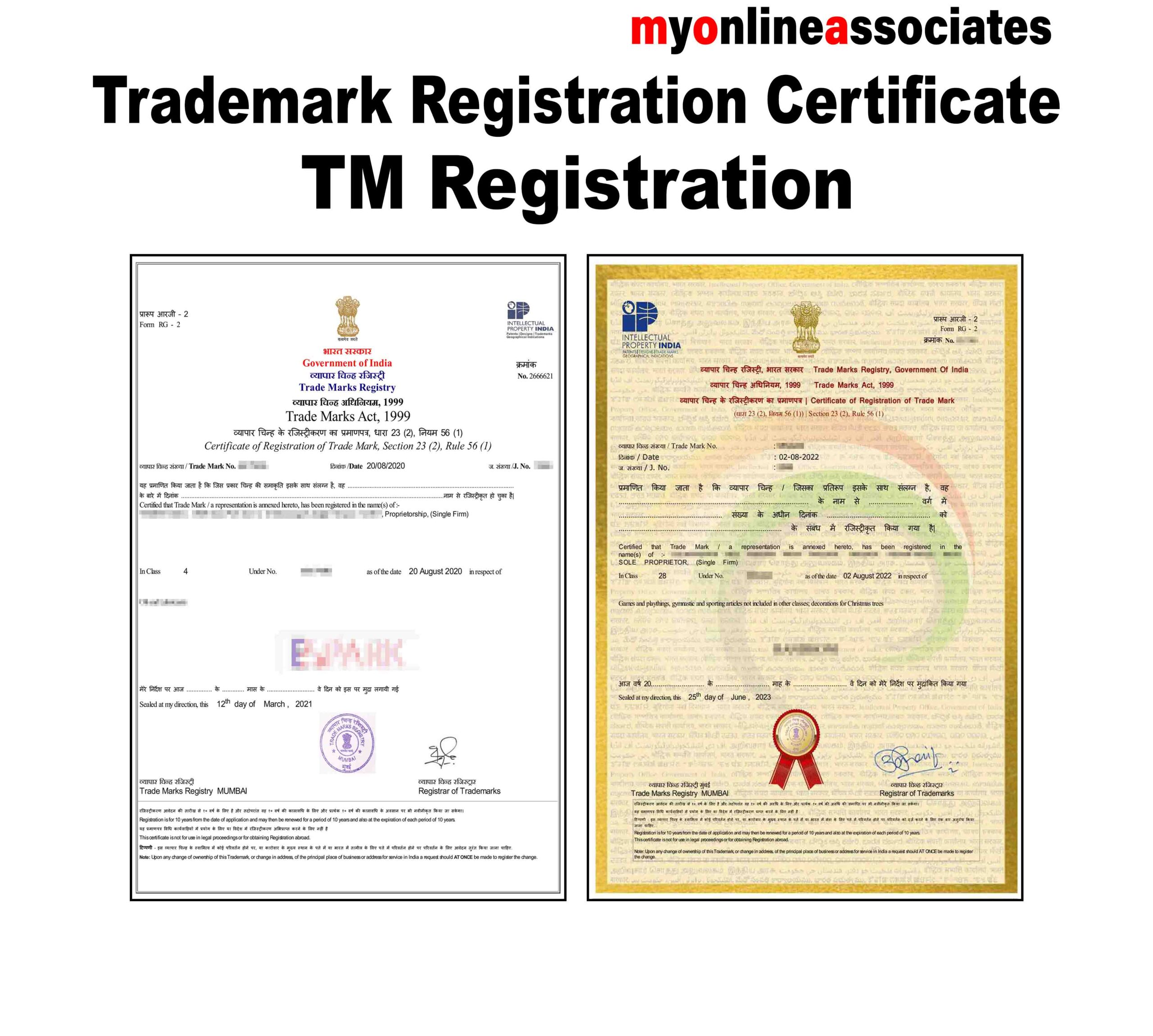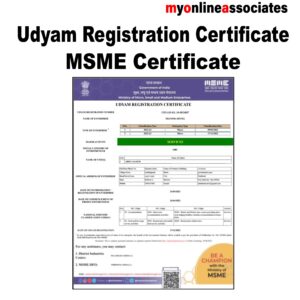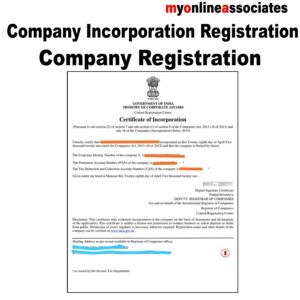Trademark Registration – Description
Trademark Registration is the legal process of securing exclusive rights over a brand name, logo, symbol, or slogan. It protects a business’s unique identity and prevents unauthorized use by competitors. In India, trademarks are governed by the Trademarks Act, 1999, and the registration is handled by the Controller General of Patents, Designs & Trademarks under the Ministry of Commerce & Industry.
Purpose of Trademark Registration:
-
Exclusive Rights – Grants legal ownership and prevents others from using the same or similar mark.
-
Brand Protection – Safeguards brand identity, logo, and reputation.
-
Legal Advantage – Provides legal grounds for action against infringement.
-
Asset Value – Enhances brand valuation and can be licensed or sold.
-
Consumer Trust – Helps customers identify and trust your brand.
Types of Trademarks That Can Be Registered:
-
Word Marks – Brand names (e.g., TATA, Nike).
-
Logo or Symbol Marks – Visual representation of a brand (e.g., Apple logo).
-
Taglines or Slogans – Unique phrases linked to a brand (e.g., “Just Do It”).
-
Shape Marks – Distinct product shapes (e.g., Coca-Cola bottle).
-
Sound Marks – Unique audio branding (e.g., Nokia tune).
Trademark Registration Process:
-
Trademark Search – Check the uniqueness of the trademark on the IP India website.
-
Application Filing – Submit Form TM-A online at www.ipindia.nic.in.
-
Examination & Objections – The registrar examines the application for conflicts or objections.
-
Publication in Trademark Journal – If accepted, the trademark is published for public objection.
-
Registration & Certificate Issuance – If no objections arise within 4 months, the certificate is issued.
Documents Required:
-
Trademark logo or wordmark.
-
Applicant’s identity proof (Aadhaar, PAN, etc.).
-
Business registration certificate (if applicable).
-
Power of Attorney (if applying through an agent).
Validity & Renewal:
-
A trademark is valid for 10 years and can be renewed indefinitely.






Reviews
There are no reviews yet.